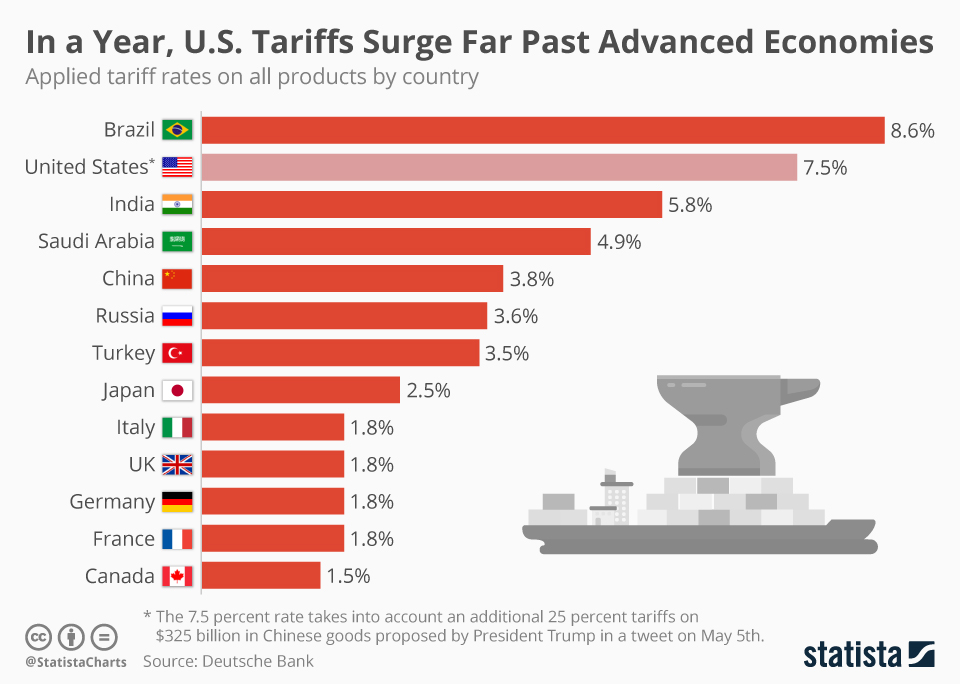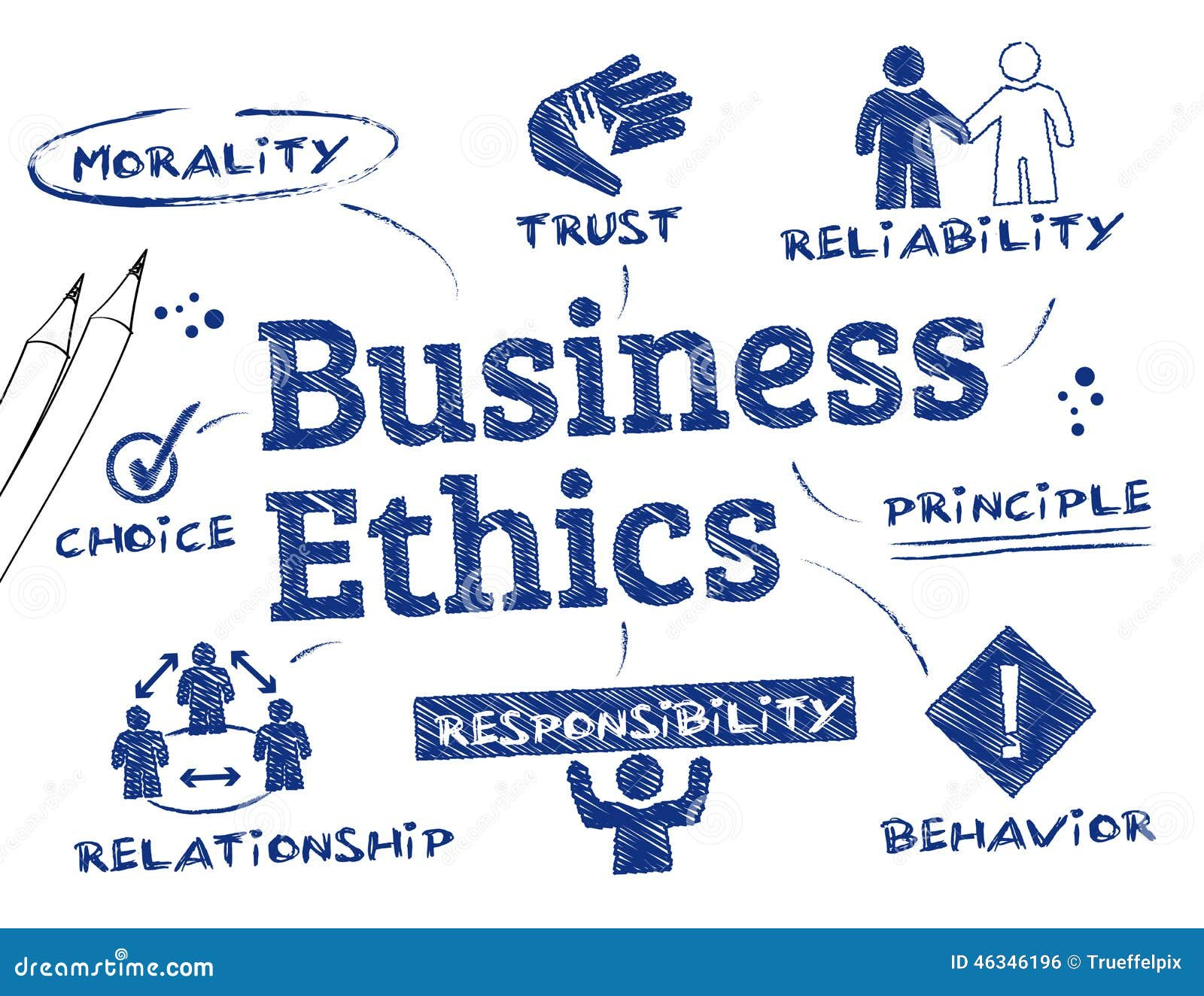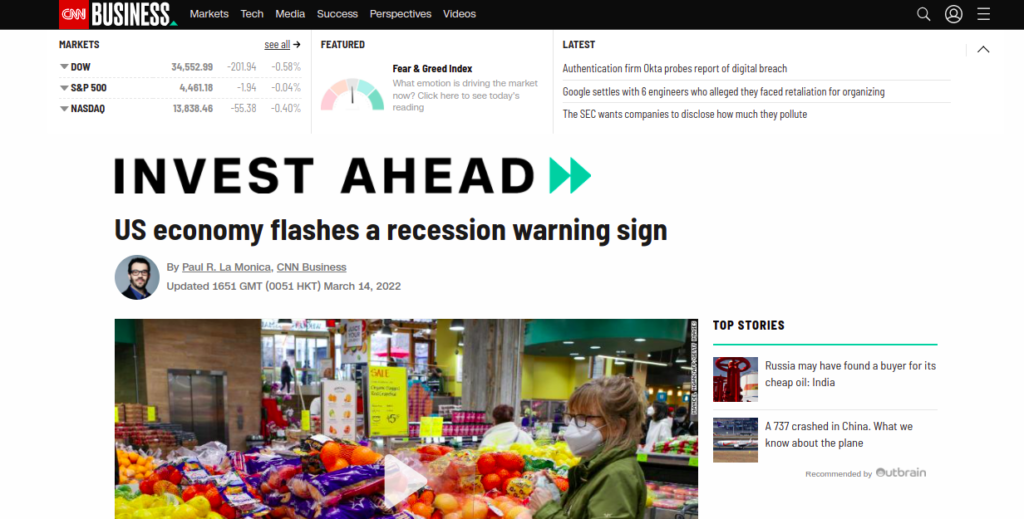Tariffs and U.S. workers are at the center of a heated debate regarding trade policies and their impact on the economy. Republican Senator Rick Scott recently defended the Trump administration’s tariff strategy, arguing that it aims to level the playing field for American workers against international competitors, particularly in China trade relations. He believes that by reducing foreign tariffs, U.S. manufacturers can thrive and sell more products without facing barriers. Discussions around U.S. tariffs impact have surged, especially amid concerns about the ongoing economic downturn and its effects on the job market. As the government reevaluates its approach to trade policy, the implications for American workers remain a crucial topic for lawmakers and economists alike.
The discussion surrounding import taxes and American laborers highlights significant shifts in trade dynamics. Senator Rick Scott has taken a firm stance advocating for import duties that prioritize U.S. employment over international agreements. With the rising tension in China trade relations, he suggests that a protective trade policy could bolster domestic industries and promote economic growth. As debates continue over the potential consequences of these tariffs and the overall economic landscape, the relationship between trade strategies and American workers becomes increasingly pertinent. Such discussions are vital as they encompass broader themes regarding economic stability and the future of U.S. industry.
Understanding the Role of Tariffs in U.S. Trade Policy
Tariffs have long been a significant tool in U.S. trade policy, particularly under recent administrations that sought to protect American industries from foreign competition. Senator Rick Scott supports these tariffs as a mechanism to create a fairer competitive landscape for U.S. workers. His perspective emphasizes that reducing foreign trade barriers can potentially enhance American exports, which could invigorate domestic manufacturing. Under this view, tariffs encourage countries to negotiate on equal footing, ultimately benefiting American manufacturers and laborers.
However, despite the intentions behind imposing tariffs, there are considerable debates surrounding their efficacy. Many economists, including those like Jason Furman, argue that such protective measures could lead to unintended consequences, including economic downturns. Tariffs often increase costs for consumers and can ignite retaliatory measures from other nations, which in turn could diminish the very sales that Rick Scott aims to boost. Understanding these dynamics is crucial in evaluating the overall impact of tariffs on the economy.
The Impact of Tariffs on U.S. Workers
Senator Rick Scott posits that tariffs are designed to prioritize American workers by leveling the playing field against countries like China. He advocates for these measures as a strategy to ensure that American products are not at a disadvantage due to unfair trade practices. The rationale is that a stronger manufacturing base can lead to job creation and higher wages for U.S. workers. By encouraging domestic production, tariffs aim to foster a more robust local economy, which, in theory, benefits the workforce.
Nevertheless, the reality is complex; while some American workers may benefit from tariffs through job security in certain industries, others could face negative repercussions. For instance, companies relying on imported materials may see increased production costs, which could lead to higher prices for consumers and even layoffs in affected sectors. Moreover, the retaliatory tariffs imposed by countries such as China could harm U.S. exporters, illustrating the nuanced relationship between tariffs and the overall health of the labor market.
Evaluating Trade Policies and Economic Outcomes
Rick Scott’s advocacy for aggressive tariffs reflects a broader shift in U.S. trade policy that has garnered both support and criticism. Proponents argue that such policies address trade imbalances and protect national interests, especially concerning economic giants like China. Yet, this approach raises questions about whether engaging in trade negotiations might yield better long-term outcomes without inciting trade wars that can destabilize economies, as suggested by Furman.
Critics warn that an inflexible trade policy could lead to significant economic downturns, as evidenced by market volatility following the announcement of new tariffs. These dynamics complicate the narrative surrounding tariffs, revealing the delicate balance policymakers must navigate between promoting domestic interests and fostering international trade relations. As this discourse evolves, the ramifications of these policies on global markets and U.S. workers will remain a focal point of economic analysis.
The Consequences of Tariffs on Inflation
Inflation has emerged as a critical concern amidst the imposition of new tariffs. Senator Scott’s uncertainty about the relationship between tariffs and inflation underscores the complexities of these economic policies. As tariffs increase the cost of imported goods, there is potential for inflation to rise, affecting consumers across the board. Many economists advocate that balancing the budget could mitigate inflationary pressures, placing additional scrutiny on the effectiveness of tariff policies as a standalone measure.
Moreover, the cascading effects of tariffs can lead to higher production costs for manufacturers who rely heavily on imported components. This increase in production costs may ultimately be passed on to consumers in the form of higher prices, intensifying inflation. Therefore, the relationship between tariffs and inflation is multifaceted, requiring careful consideration of both short-term and long-term implications for the economy and American households.
Analyzing U.S.-China Trade Relations
Senator Rick Scott’s critique of China as America’s primary economic competitor highlights a growing sentiment among U.S. policymakers regarding the need for a robust trade strategy. By advocating for no trade with China, Scott illustrates a radical shift towards isolationist trade practices that aim to protect U.S. interests. However, such drastic measures raise concerns about the trade-offs involved, including the potential loss of access to one of the world’s largest markets.
Furthermore, the imposition of high tariffs on Chinese goods can strain U.S.-China relations and could have broader ramifications for global trade dynamics. Retaliatory tariffs may exacerbate tensions, potentially leading to an economic cold war that could hinder growth on both sides. Therefore, while Scott’s approach aims to fortify U.S. workers, it must navigate the complexities of fostering international commerce amidst escalating competition.
The Long-Term Vision for American Manufacturing
Rick Scott’s vision for American manufacturing emphasizes the need for a strategic overhaul of trade policies, particularly in the face of stiff competition from China. By supporting tariffs as a protective measure, Scott aims to reshape the narrative around American capabilities, advocating for a resurgence in domestic production. This vision, however, requires a clear plan for scaling manufacturing processes and ensuring that American workers are equipped with the skills necessary to thrive in an evolving economy.
Moreover, fostering a resilient manufacturing base involves not only addressing tariffs but also investing in technology and innovation. This holistic approach can help bolster U.S. manufacturing competitiveness on the global stage. As such, Scott’s stance signals a pivotal moment for American industry, wherein policymakers must consider both protective measures and proactive strategies to enhance the economic landscape for future generations.
Assessing Economic Data in the Context of Tariffs
The imposition of tariffs has sparked significant interest in analyzing economic data, particularly in relation to GDP contraction and market fluctuations. Senator Scott’s claim that tariffs will ultimately benefit American workers must be evaluated alongside economic indicators that reflect changes in business activity and consumer behavior. Understanding how tariffs influence GDP, inflation rates, and employment statistics is crucial in assessing their overall effectiveness.
Additionally, the potential for tariffs to reshape the economic landscape necessitates a comprehensive review of trade data and performance metrics. As various sectors respond to these policies, the resultant economic data will shed light on both immediate and long-term effects, guiding future trade discussions. Therefore, as the policy environment continues to evolve, continual analysis of economic data will be essential for ensuring informed decision-making.
Future Directions in U.S. Trade Strategy
Looking forward, the future of U.S. trade strategy hinges on the delicate balance between protectionist policies and open markets. While Rick Scott champions tariffs as a means to bolster American workers, the broader implications of such policies must be explored. As the global economy continues to evolve, understanding how to navigate trade relationships with both allies and competitors will be pivotal to sustaining economic growth.
Moreover, policymakers must consider innovative approaches to trade negotiations that include comprehensive agreements rather than unilateral tariffs. This strategy could facilitate better cooperation with international partners and reduce the risks associated with trade wars. By prioritizing collaboration over confrontation, the U.S. can work towards a more balanced and sustainable trade policy that supports American workers while remaining competitive in the global marketplace.
Frequently Asked Questions
What are the potential impacts of Rick Scott’s tariffs on U.S. workers?
Rick Scott argues that tariffs are designed to level the playing field for U.S. workers by reducing competition from foreign markets. His viewpoint suggests that lower tariffs on American goods will increase U.S. exports, thus benefiting American labor and manufacturing jobs. However, critics suggest these tariffs might lead to economic downturns, potentially harming the very workers they aim to protect.
How do U.S. tariffs impact the economy and U.S. workers?
U.S. tariffs can significantly impact the economy by making imported goods more expensive, which may lead to increased prices for consumers. While the intent is to protect U.S. workers and manufacturers, economists warn that tariffs can lead to retaliatory measures from other countries, economic slowdowns, and potential job losses, especially in industries reliant on global supply chains.
What is the relationship between tariffs and trade policy in the context of U.S. workers?
Tariffs are a crucial component of U.S. trade policy and are intended to protect American industries and jobs by imposing costs on foreign imports. Proponents, like Rick Scott, believe that a strict tariff policy will ultimately help U.S. workers by creating a fairer trading environment, while opponents fear it can lead to inflation and a trade war, adversely affecting employment.
How do tariffs affect trade relations with China and U.S. workers?
Tariffs on Chinese goods, particularly those as high as 145%, are intended to diminish China’s economic leverage and protect U.S. workers from foreign competition. However, these aggressive tariff rates can escalate tensions and lead to retaliation, potentially harming U.S. exports and affecting jobs reliant on trade with China.
What are the risks of economic downturn due to U.S. tariffs on workers?
The imposition of U.S. tariffs can lead to economic downturns by increasing costs for consumers and businesses, which may reduce spending and investment. As seen in events following new tariffs, the potential decline in GDP can result in job losses and uncertainty for U.S. workers, challenges that Rick Scott and others in favor of tariffs believe must be managed carefully to safeguard American jobs.
Can tariffs help in closing the trade deficit while protecting U.S. workers?
Advocates of tariffs argue that they can help close the trade deficit by discouraging imports and encouraging domestic production, thereby stimulating job growth for U.S. workers. Nonetheless, the effectiveness of tariffs in achieving these goals remains debated among economists, as higher tariffs might lead to retaliatory measures, affecting U.S. exports and overall economic health.
What are the long-term effects of hostilities over tariffs on U.S. workers?
Long-term hostilities over tariffs can create an unstable trade environment, where U.S. workers might face job insecurity and higher living costs due to retaliatory tariffs from other nations. This can lead to a cycle of economic volatility that undermines job growth and affects the overall welfare of U.S. workers.
| Key Points |
|---|
| Rick Scott supports tariffs as a means to assist U.S. workers by making foreign nations drop their own tariffs on American products. |
| The recent tariffs announced by the government aim to reshape U.S. trade policy but have caused volatility in global stock markets and impacted GDP negatively. |
| Despite Scott’s belief in the potential benefits of tariffs, many economists argue they could harm the U.S. economy. |
| Scott explicitly stated he believes the U.S. should cease trade with China to prevent conflict and protect American interests. |
| The U.S. has imposed a 10% tariff on most countries, but China faces a significantly higher tariff of 145%, leading to retaliatory tariffs from China. |
| Concerns remain regarding the impact of tariffs on inflation and the national debt, which Scott argues needs to be addressed for a stable economy. |
Summary
Tariffs and U.S. workers are at the forefront of economic discussion, particularly with Senator Rick Scott’s support for current tariff strategies. He argues that these tariffs will help balance the playing field for American workers by encouraging foreign countries to relax trade barriers. While he believes that tariffs serve to benefit U.S. manufacturers, opinions from economists suggest differing views, citing potential harm to the overall economy. The contentious relationship with China, marked by high tariffs and strong rhetoric, emphasizes the complexities involved in tariff policies and their broader implications for U.S. workers.










Leave a Reply